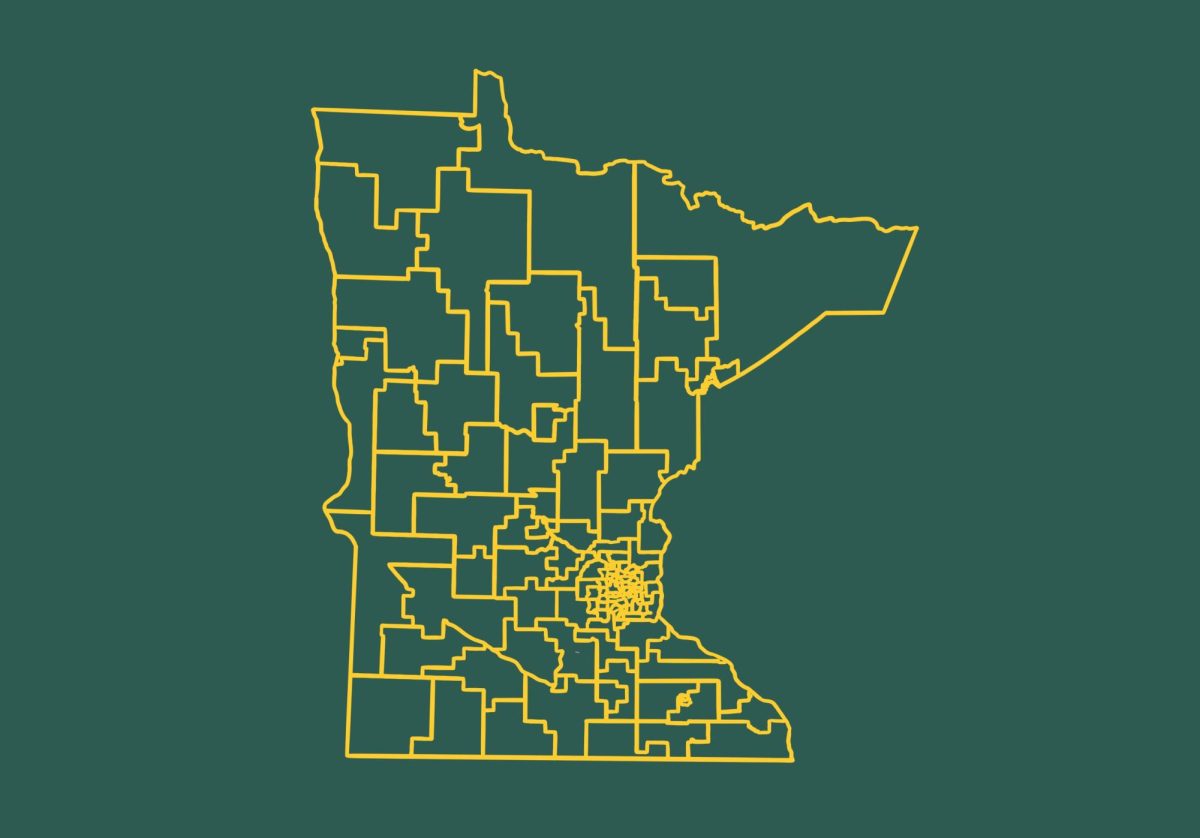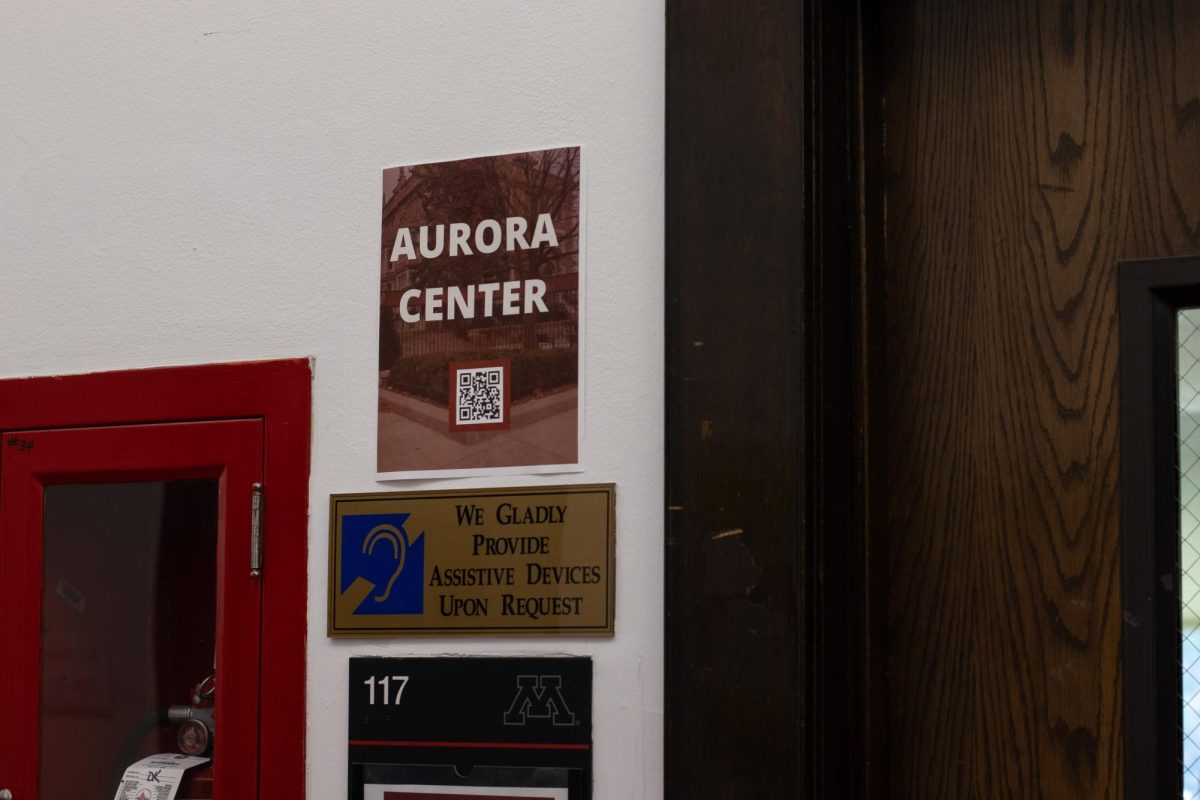Students at the University of Minnesota need to look no further than our own backyard to see that hate-based crimes are on the rise. Racists, white supremacists and extremists are emboldened, violently attacking minorities. Those of us who are part of a minority community cannot help but see ourselves in the victims of these hate crimes. Could that woman who was attacked have been my aunt? Could the man who was sucker-punched have been my grandfather? Could I be next? These are thoughts that have crossed the minds of many fellow students from minority backgrounds at least at some point in their lives.
As Jewish students, these are the terror-based thoughts we face on a daily basis, and they are not just a product of catastrophes and traumas of the past. These fears are ignited by real-life events happening here and now in our country and in this state. Hate crimes in the United States rose to the highest level in more than a decade in 2019. According to a New York Times article dated November 2020, the overall increase was attributed to a rise in attacks against Jews and Hispanics. In 2019, there were 953 antisemitic crimes, an increase of 14% from the previous year; 527 hate crimes against Latinos, an increase of 9%. The FBI reported that Black people are targeted at twice the level that they represent in the American population, and now we’re seeing a dangerous rise of hate crimes against the Asian American community.
Over and over again, we have witnessed the dangerous intersection of white supremacy and hatred of minorities. Not too far from the University, George Floyd was murdered by those who had sworn to protect, and, most recently in Atlanta, eight Asian women were slaughtered in their places of work. For many of these hateful individuals, anti-Jewish animus, constructed on wild conspiracy theories, forms the foundation of their hatred. This insidious hatred drove a man to murder 11 worshippers at the Tree of Life Synagogue in Pittsburgh in 2018. According to the murderer’s manifesto, he targeted the synagogue for having donated to HIAS, an organization that works to protect refugees who have been forced to flee their homelands. In the same vein, antisemitic hostility inspired the Charlottesville rioters to chant “the Jews will not replace us” and “blood and soil,” a Nazi rallying cry. And insurrectionist t-shirts lauding that 6WME, “6 million wasn’t enough,” and boasting “Camp Auschwitz” point to a frightening renaissance of Nazi-inspired Jewish loathing.
In Minneapolis, a bus stop outside a synagogue was vandalized with swastikas and the words “Seig Heil, Heil Hitler, Trump 2020.” In St. Paul, the words “Free Palestine,” “Fuck Zionism” and “Solidarity STP-Palestine” were spray-painted on the pavement outside a synagogue. And at the University, it is not uncommon for Jewish students to be aggressively questioned on the basis of their religious beliefs and ostracized from social groups. Many of our peers hide away Jewish identifiers like their Star of David or yarmulke, a skull cap, to escape inevitable harassment.
But this is not the way that things should be in 2021 or at the University of Minnesota. That is why we urge the students here at the University to join the 31 countries, including the United States, the dozens of U.S. colleges and universities, the countless Jewish organizations, and non-governmental bodies such as the Global Imams Council in adopting the International Holocaust Remembrance Alliance (IHRA) definition of antisemitism in the upcoming campus-wide referendum on March 22 through March 26. The IHRA Definition of antisemitism is a non-legally binding educational tool to prevent hatred against the Jewish people through identifying and understanding how antisemitism can manifest. Passing the IHRA Definition of antisemitism is the first step in a long road to eradicate anti-Jewish hatred and will signal to Jewish students — and other minority groups — that the University of Minnesota will not stand idly by in the face of rising hate and discrimination.
The authors of this OpEd submission include Abby Flekier, Vice President of Engagement – Hillel Student Board; Eliana Smelansky, Engagement Chair – Chabad Student Board/Hillel Council Member; Sophie Shapiro, Vice President of Programming – Hillel Student Board; Anna Casey Vice President of Campus Relations – Hillel Student Board; Kelsey Bailey, President – Hillel Student Board; Shaina Kravetz, President – Chabad Student Board; Allen Shofman, Vice President of AEPi; Sam Schachtman, Hillel Council/Sammy Member; Luke Scheid, President of Sigma Alpha Mu; Ethan Rosenthal, Hillel Council/Chabad Campus Communications Chair; Naomi Kaplan, Hillel Council; and Oren Rosenberg, President of Students Supporting Israel.








